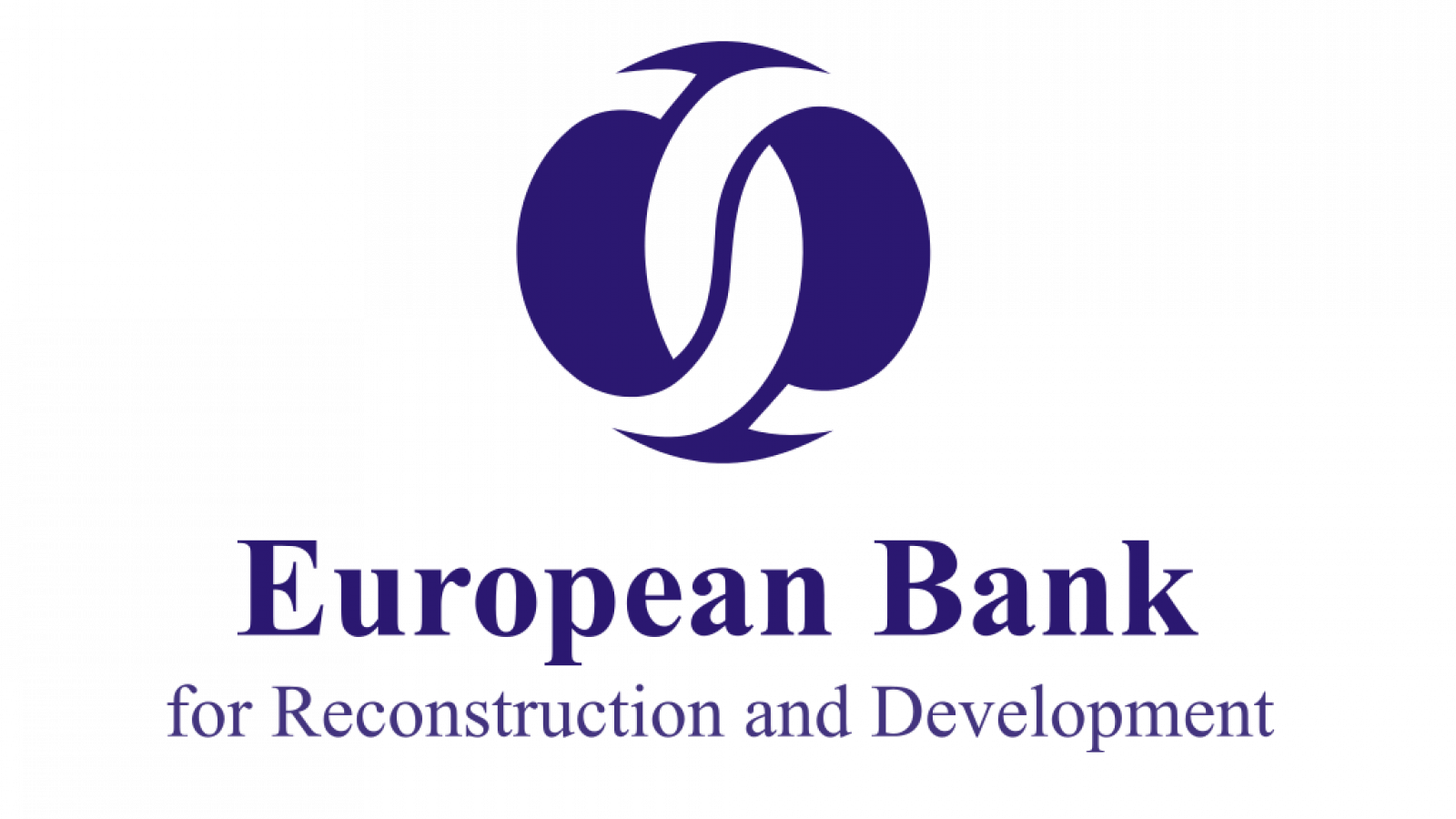
Post-COVID-19 economic recovery: The Western Balkans to receive €1.7 billion from the European Bank for Development and Reconstruction
The European Bank for Reconstruction and Development (EBRD) is planning a rise in financing for the Western Balkans this year to help the region deal with the economic impact of the coronavirus. EBRD President Suma Chakrabarti said financing to the Western Balkans is expected to rise by around one-third to €1.7 billion from a record €1.3 billion in 2019.
Micro, small and medium-sized enterprises will be the biggest beneficiaries of the assistance, and the Bank would also deliver investments aimed at job creation during the post-pandemic recovery period. Chakrabarti also noted that the EBRD would combine its financing with the European Union (EU) grants.
“With its Solidarity Package of response and recovery measures to combat the impact of Covid-19, the EBRD is proud to be supporting the efforts of “Team Europe” in the region,” Chakrabarti said during the European Union-Western Balkans Leaders Summit.
Previous investments also considerable
To date, the EBRD has invested €13 billion in the Western Balkans, proving that it sees the region as a priority.
When it comes to Serbia, the EBRD has invested more than €5.8 billion across 260 projects in the country to date, where it is supporting private-sector development and the transition towards a sustainable, green economy.
Improving efficiency and transparency of public governance, developing competitive and inclusive economies, accelerating a fair and equitable transition to a green economy, and enhancing regional integration, are at the focus of the EBRD in the Western Balkans.
However, improving the education system in Serbia is one of EBRD’s fields of action; in cooperation with the Serbian Ministry of Education, Science, and Technological Development the EBRD is working to bridge the gap between education and labour market needs.
The EBRD and the Ministry of Education will engage the private sector in the development of educational models that will allow the youth to acquire skills needed by employers. Dual-education is one of those programmes that combines apprenticeships at private firms with training at vocational schools.
"The partnership with the EBRD provides strong support to the Ministry of Education in establishing a relevant qualification system that rests on quality assurance and, as such, creates better links between education and the labour market. The support and joint action of the MoESTD and the EBRD is very important, especially today when it is necessary to respond rapidly to many challenges, including the stabilisation and advancement of opportunities in Serbia after the Covid-19 pandemic is over,” Serbian Minister of Education, Mladen Šarčević, said.
It’s worth noting that the ongoing EU assistance to the sector of education in Serbia amounts to €35 million; since 2003, the EU has invested over €100 million in education reform in our country.
The support includes teaching aids and equipment and, among other things, professional training of teachers, infrastructure improvement, modernisation of curricula—in other words, all aspects that are vital to broadening knowledge, skills, and competences of both teachers and students, and the overall development of the society and economy. All levels of education are covered by the support—from pre-school, elementary, to high and higher education, as well as adult education.
Learn more about EU’s support for education in Serbia here, and see an exhaustive list of projects in this sector here.